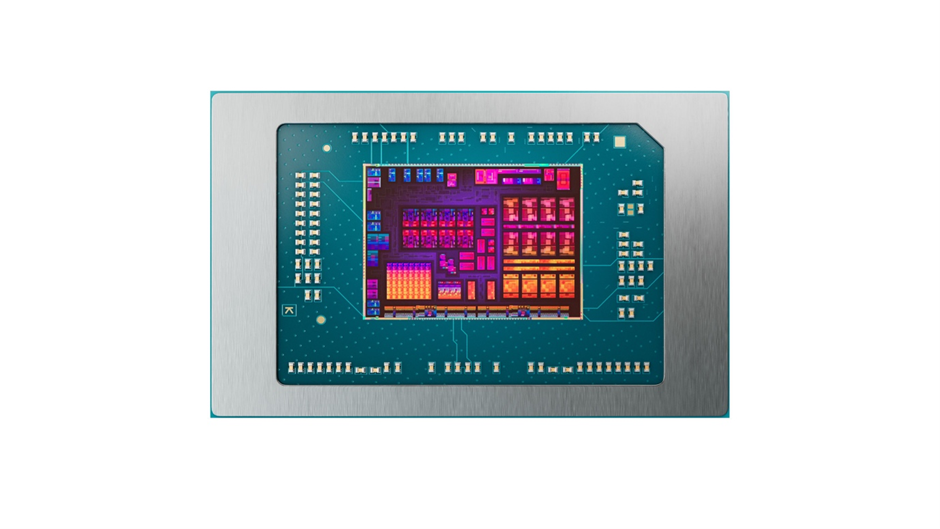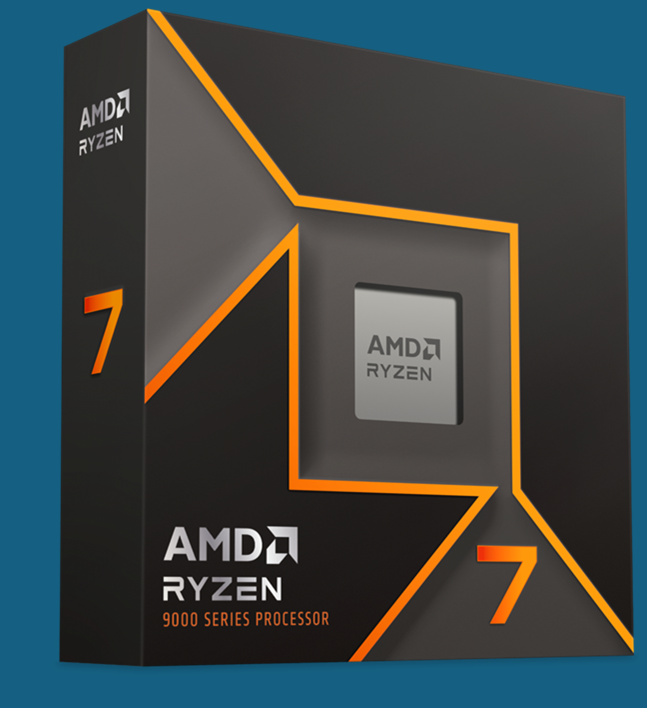In a dense Computex announcement, AMD unveiled plans for AI accelerators, server processors, and new Ryzen processors. Lisa Su highlighted the increasing demand for high-performance computing platforms due to AI adoption. AMD partnered with Microsoft for new Ryzen AI-powered Copilot+ PCs. AMD introduced the Zen 5 CPU core and XDNA 2 NPU core architecture for AI processing. HP, Lenovo, and Asus showcased Copilot+ PCs powered by AMD processors. AMD launched Ryzen 9000 series desktop processors and Radeon Pro W7900 Dual Slot graphics card. AMD also introduced AMD ROCm 6.1 for Radeon GPUs to enhance AI development and deployment.

What do we think? Compared to Nvidia, AMD announced a lot and got their friends to show support too. They seemed, to be blunt, to try harder. The company’s announcements at Computex 2024 underscore a commitment to not letting Nvidia have the whole AI server market (or indeed, for Intel to take the AI PC NPU crown).
AMD launches new CPU, NPU, and GPUs
For Computex 2024, AMD is launching a series of CPU, NPU, and GPU architectures aimed at powering end-to-end AI infrastructure, spanning from data centers to personal computers.
First up is the expanded AMD Instinct accelerator road map, with plans for an annual release of AI accelerators, including the new AMD Instinct MI325X accelerator, set to be available in Q4 2024.
Next, AMD previewed the 5th Gen AMD Epyc server processors, expected to launch in the second half of 2024, which it says will deliver leadership in performance and efficiency.
The company also announced the AMD Ryzen AI 300 series, the third generation of AMD AI-enabled mobile processors, alongside the AMD Ryzen 9000-series processors for laptops and desktop PCs.
“This is an incredibly exciting time for AMD as the rapid and accelerating adoption of AI is driving increased demand for our high-performance computing platforms,” said Lisa Su, chair and CEO of AMD.
Satya Nadella, chairman and CEO of Microsoft, said: “We are excited to partner with AMD to deliver these new Ryzen AI-powered Copilot+ PCs. We are very committed to our collaboration with AMD, and we’ll continue to push AI progress forward, together, across the cloud and edge to bring new value to our joint customers.”
Nadella also highlighted the superior price-performance ratio of AMD Instinct MI300X accelerators on GPT-4 inference for Microsoft Azure workloads.
AMD Instinct MI325X accelerators, featuring 288GB of ultra-fast HBM3E memory, are scheduled for release in Q4 2024. The next-generation AMD CDNA 4 architecture, expected in 2025, will power the AMD Instinct MI350 series, promising up to 35× better AI inference performance compared to the AMD Instinct MI300 series. The CDNA “Next” architecture will drive the MI400-series accelerators planned for 2026.
In her keynote, Su, joined by executives from Microsoft, HP, Lenovo, and Asus, unveiled new AI PCs powered by third-gen AMD Ryzen AI 300-series processors and AMD Ryzen 9000-series desktop processors.
Su detailed AMD’s next-generation Zen 5 CPU core, built from the ground up for performance and energy efficiency spanning from supercomputers and the cloud to PCs. AMD also unveiled the AMD XDNA 2 NPU core architecture, which delivers 50 TOPs of AI processing performance and up to 2× projected power efficiency for generative AI workloads compared to the prior generation. That 50 TOPS matters, beating both Qualcomm’s and Intel’s competitive offerings (assuming the numbers from each check out).
AMD claims the XDNA 2 architecture-based NPU is the industry’s first and only NPU supporting advanced Block FP16 data type 6, delivering increased accuracy compared to lower-precision data types used by competitive NPUs without sacrificing performance.
Zen 5, AMD XDNA 2, and AMD RDNA 3.5 graphics will enable AI PC laptops powered by AMD Ryzen AI 300-series processors.
In a show of support comparable to that given to Qualcomm, Microsoft emphasized its long-standing partnership with AMD and announced that AMD Ryzen AI 300-series processors exceed Microsoft’s Copilot+ PC requirements.
HP showcased new Copilot+ PCs powered by AMD, including the HP Pavilion Aero, and demonstrated the image-generator Stable Diffusion XL Turbo running locally on an HP laptop powered by a Ryzen AI 300-series processor.
Lenovo revealed upcoming consumer and commercial laptops powered by Ryzen AI 300-series processors and highlighted how it is leveraging Ryzen AI to enable new Lenovo AI software. Asus presented a broad portfolio of AI PCs for business users, consumers, content creators, and gamers powered by Ryzen AI 300-series processors.
AMD also launched the AMD Ryzen 9000-series desktop processors based on the Zen 5 architecture, targeting gaming, productivity, and content creation. AMD says Ryzen 9 9950X processors are the world’s fastest consumer desktop processors. We will see.

Furthermore, AMD announced the AMD Radeon Pro W7900 Dual Slot workstation graphics card, optimized for scalable AI performance on platforms supporting multiple GPUs. Lastly, the company also introduced AMD ROCm 6.1 for AMD Radeon GPUs, designed to enhance AI development and deployment with AMD Radeon desktop GPUs.